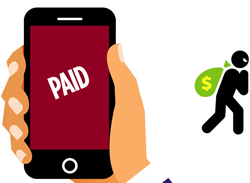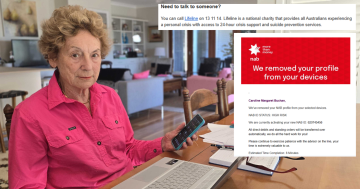 The recent World Consumer Rights Day strengthened the emphasis on avoiding scammers with a detailed analysis of the many ways consumers can be cheated out of their money.
The recent World Consumer Rights Day strengthened the emphasis on avoiding scammers with a detailed analysis of the many ways consumers can be cheated out of their money.
The Attorney-General and Minister for Justice, Shannon Fentiman said buying and selling scams could include online shopping and classified scams where scammers pretended to be a legitimate online business with a fake website or fake advertisement on a classifieds website.
“Then there are payment scams where the victim is selling an item and is tricked into handing over money to a scammer because they believe the scammer has either paid too much or they are led to believe they have to send money to use PayID to receive payment,” Ms Fentiman said.
“Finally, I would like to highlight health and medical scams where scammers offer health products at low prices that the consumer never receives, or they make false promises about their ‘cure-all’ products.”
She said scammers were now more sophisticated than ever before and statistics showed that their scams were meeting with success.
“Whether you’re buying goods or services, it’s important you do your research. Check reviews online and always be cautious if you’re asked to send upfront payment for a service,” Ms Fentiman said.
“When making online payments, make sure you are using a secure payment service — look for a URL starting with ‘https’ and a closed padlock symbol, or use a payment provider such as PayPal,” she said.











